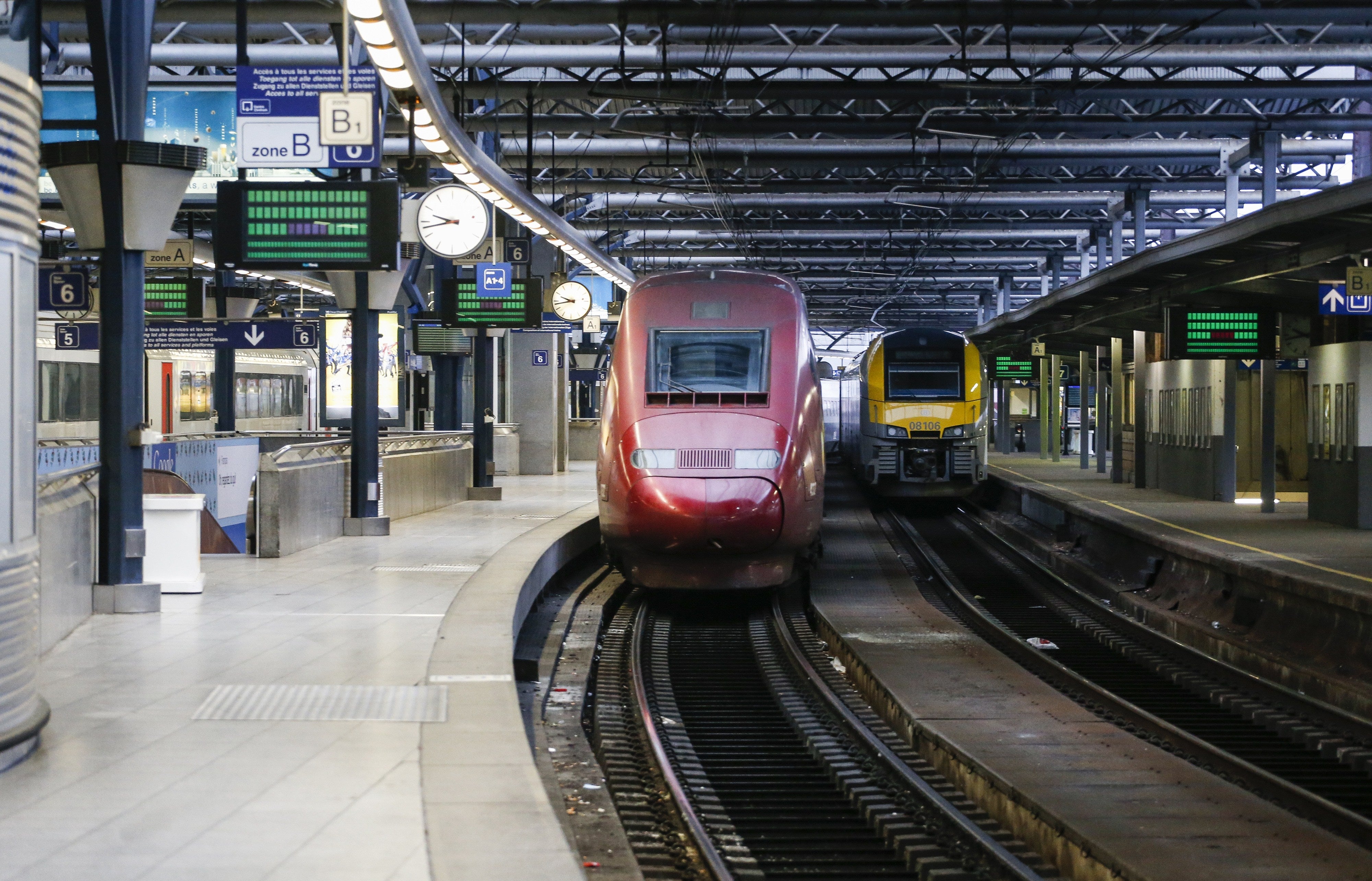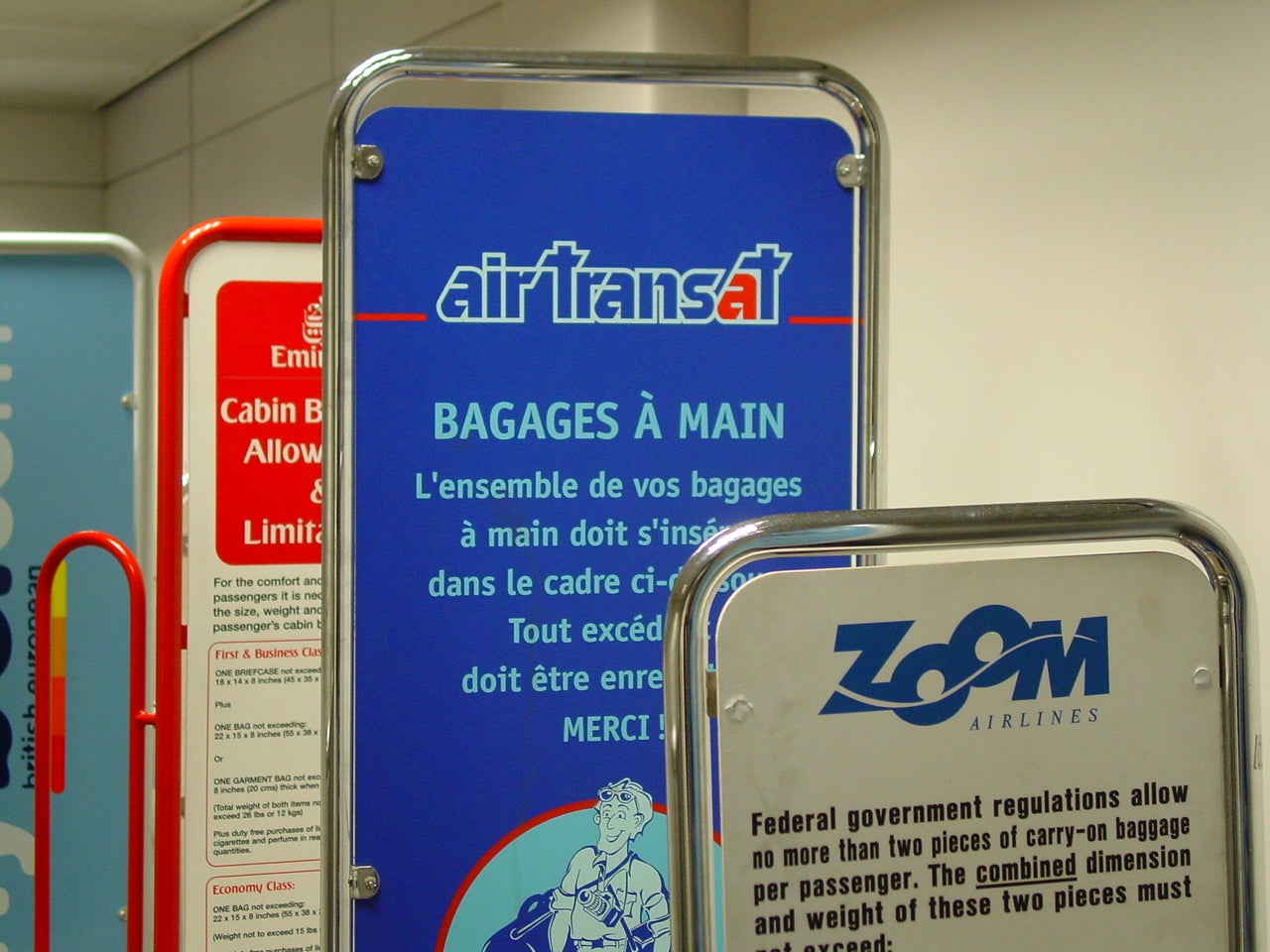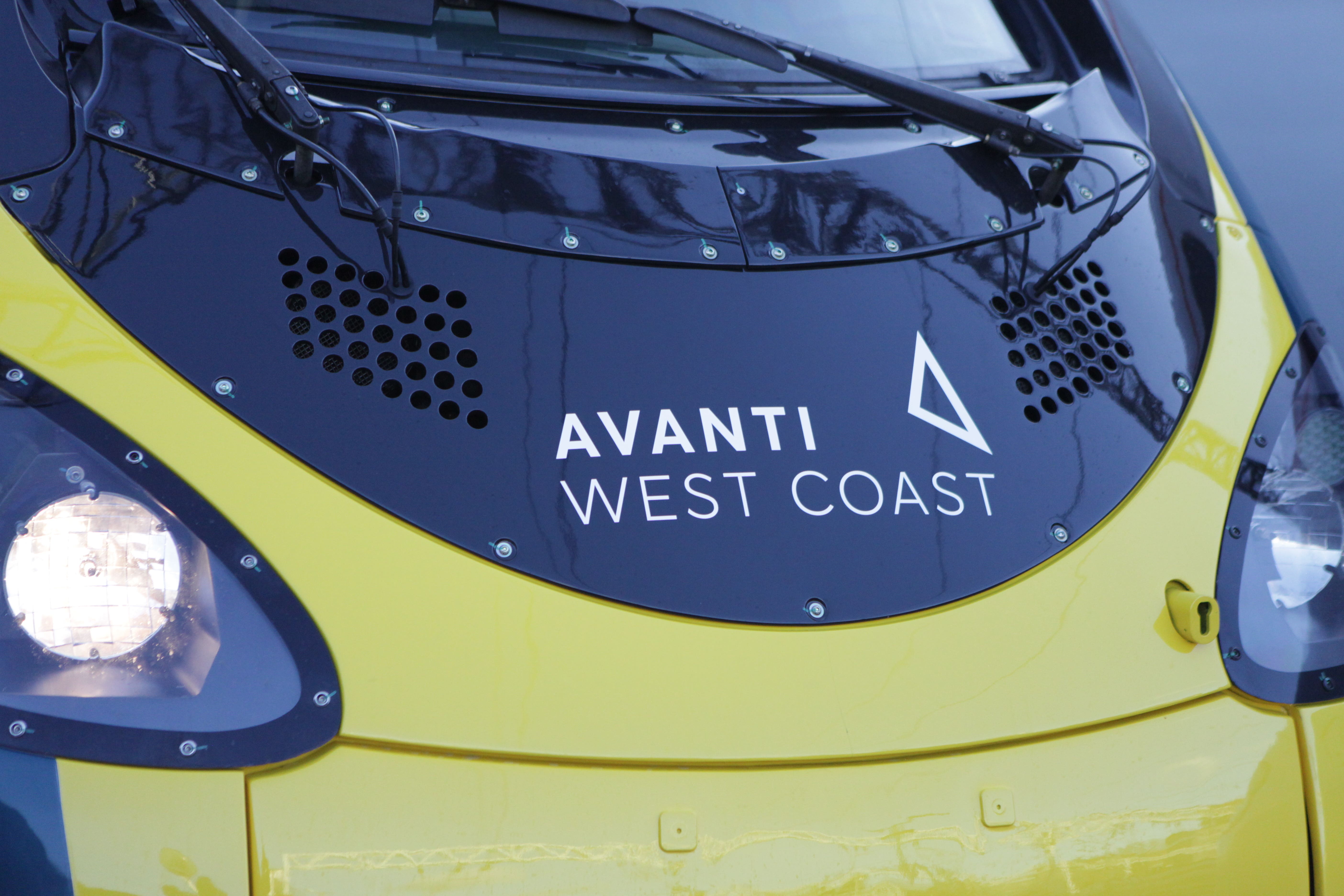How risky can the train connections be in Europe?
Simon Calder answers your questions on train travel in Europe, cabin baggage and split-saver tickets


Q Like most people, I guess, I would like to travel to Europe more by train rather than plane. But I’ve heard a couple of horror stories of enormous disruption and expense when friends have found one train delayed, missed their connection and then had to pay a fortune to change or buy a new ticket. How risky is it?
Name supplied
A I share their pain. The last time I travelled through Brussels, the Belgian Railways train was late and I arrived at Midi station with only 20 minutes to spare before my Eurostar train was due to leave for London. The station staff were still letting through Business Premier passengers; they can check in up to 15 minutes ahead, unlike the half-hour deadline for the rest of us. I was told I was too late, and from memory, it ended up costing me around £60 to put right.
Travelling in the opposite direction, through France, I have found station and train staff helpful and cooperative when connections have gone awry, and been allowed to travel on the next train without penalty. It’s a situation where having a paper ticket, as opposed to an e-ticket on your phone, is helpful because the station staff have something to write on to explain your situation to the train crew.
Mostly your prospects of being able to complete your journey without paying extra are at the discretion of railway staff. However, an alliance of high-speed train operators, Railteam, does have a delay deal if you misconnect from one service to another at key stations.
The alliance comprises Eurostar plus the national railways of Austria, Belgium, France, Germany, the Netherlands and Switzerland. They have what is described as “a Gentlemen’s Agreement” that makes it easier to continue your journey in the event of cancellation or delay. The snappy acronym is “Hotnat”, which stands for “hop on the next available train”. But at busy times, the next available train may be some hours away.
Within continental Europe, a separate “Agreement on Journey Continuation” applies to many international connections. Wherever you are, though, explaining your predicament politely and asking for help is the best plan.

Q An idea I had yesterday in Alicante airport: why don’t all the airlines do the right thing and standardise cabin baggage? All of them have different rules and different-sized frames to fit a cabin bag in. A standard size and always free – what’s wrong with that?
Iain H
A Many airline passengers will agree with you that it’s time for standardisation about the amount of cabin baggage that they can bring abroad an aircraft. This thorny subject only started being a problem from 2006, which is when airlines started charging for checked-in luggage. Before that, you would typically be able to check a 20kg case free of charge. While some of us preferred to take bags on board if at all possible, to reduce the risk of loss and also the time spent at the destination airport, there was never any need to constrain cabin baggage.
Once Flybe and then Ryanair – quickly followed by almost all other airlines – brought in checked baggage charges, passengers were incentivised to bring only hand luggage. Inevitably, almost all carriers reduced the amount that travellers could bring into the cabin – though easyJet, Ryanair and Wizz Air offer their own variants on a premium cabin baggage allowance, where passengers pay extra for the right to bring a roll-along case along with a “personal item” (typically a handbag or a small backpack).
As you point out, the airlines don’t agree on the maximum dimensions. Just considering easyJet and Ryanair, the two biggest budget airlines: the free “personal item” on Ryanair can be 5cm wider than its rival permits, while the larger second piece is allowed to be 3cm deeper on easyJet. They operate different planes: easyJet with Airbus A320s, Ryanair with Boeing 737s. The configuration of the seat under which the smaller item is supposed to fit, and the overhead bins into which larger bags are stowed, will have informed each of the airlines’ limits.
Regional airlines, flying smaller aircraft, often impose reduced limits simply because of the size of the plane. Loganair is lowest in the UK, at 40cm x 35cm x 18cm. British Airways, meanwhile, makes its policy of allowing two cabin baggage items free, each weighing up to 23kg, a marketing point of difference.
I cannot see, in the hyper-competitive UK aviation market, that things will change. Yes, it is aggravating, but I fear the confusion is an inevitable consequence of each airline tuning its policy to its maximum advantage.

Q I’ve just booked some train tickets from Manchester to London this weekend via what appears to be a ticket-splitting website. I’m wondering if it’s a reliable company as the tickets look slightly odd. In particular, I’m coming back on 27 May but the tickets say “25 May” and adding that they are “valid until 24 June”. Do you think I should be cautious?
Name withheld
A I have looked at the e-tickets you have sent. They look just fine, and the company is legitimate. Indeed, I have not heard of any scams involving the online sale of UK rail tickets. I am intrigued, though, as to why you chose to buy through a ticket-splitting website.
These intermediaries provide a useful service on some journeys when the absurdities of the rail pricing “system” can be exploited to save money. On Bristol to London, for example, they will routinely suggest buying one ticket as far as Didcot Parkway and a second from there, typically saving 40 per cent compared with buying a through ticket.
I often consult these sites, in case there is an advantage. Trainline also searches for such savings. But in your case, these are standard Manchester to London off-peak return tickets at the normal price. I am a regular traveller between the two cities. I will always buy off-peak tickets at the very last moment, since there is no advantage to committing ahead. And I always book direct with Avanti West Coast. Partly that is because the frequent traveller scheme, Club Avanti, brings some benefits, and partly because delay-repay claims are much easier if you book direct.
Many people book through independent retailers, though, and are sometimes under the misapprehension that they have bought a fixed ticket when in fact they have a flexible one. If I may tell you how flexible: you must travel out on the specified day, in your case 25 May, but can return the same day or another day within a month – hence the “valid until 24 June” mention. You can use those tickets on any train you like on Saturday because there are no peak restrictions between Fridays and Sundays. You can return whenever you like on Monday 27 outside the peak departure times. For Manchester and much of northwest England from London Euston that means trains not departing before 9.26am, nor between 3.01pm and 6.44pm. You can also break your journey wherever you wish on the way back.
Email your question to s@hols.tv or tweet @SimonCalder
Join our commenting forum
Join thought-provoking conversations, follow other Independent readers and see their replies
Comments
Bookmark popover
Removed from bookmarks